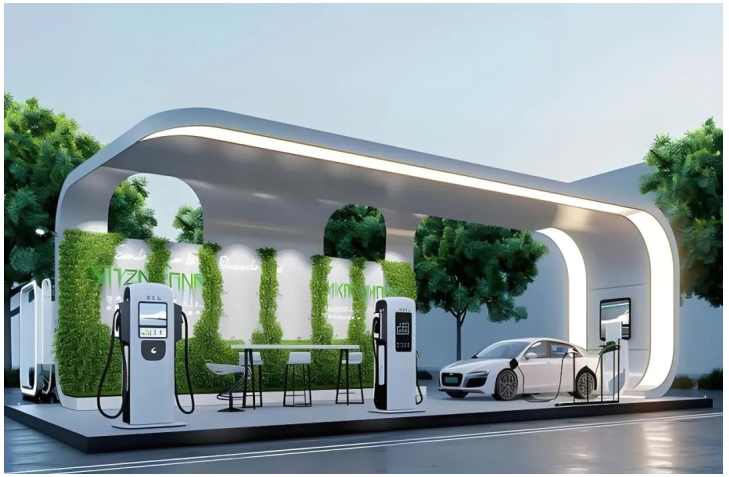The electric vehicle (EV) market continues to accelerate at an unprecedented rate, with global sales hitting a record high in 2024. This surge in EV adoption is driving the rapid expansion of charging infrastructure worldwide, with new partnerships and innovations poised to reshape the future of electric mobility.
In 2024, global electric vehicle sales surged by 35% year-over-year, surpassing 12 million units for the first time in history. This growth has been fueled by a combination of favorable government policies, tightening emissions regulations, and increased consumer awareness of climate change. As traditional automakers ramp up production and new EV startups enter the market, electric vehicles are becoming more accessible and mainstream.

With the increasing number of EVs on the road, the demand for reliable and fast-charging stations has also grown significantly. According to the International Energy Agency (IEA), the number of public EV chargers worldwide reached over 5 million in 2024, a 40% increase compared to the previous year. The expansion is particularly noticeable in regions such as Europe, North America, and China, where governments have made substantial investments to support the transition to electric mobility.
Key players in the charging infrastructure sector, including Tesla, ChargePoint, and Shell, are collaborating with utility companies and governments to develop vast networks of high-speed charging stations. One of the most notable developments is the rise of ultra-fast charging hubs capable of replenishing up to 80% of a vehicle's battery in just 15 minutes, providing a much-needed solution for long-distance EV travel.
The charging industry is also witnessing a wave of technological innovations aimed at improving efficiency and convenience. Among the most promising advancements is wireless charging, which allows drivers to charge their EVs without needing to plug in a cable. Additionally, the integration of AI and smart grid technology is enabling better load management, optimizing energy consumption, and reducing charging times.
“Consumers want charging to be as seamless and quick as refueling a conventional vehicle,” said Emily Thompson, CEO of ChargeNet, a leading EV charging network provider. “Our focus is on creating an ecosystem that allows drivers to charge quickly, pay easily, and never worry about range anxiety.”
Despite the rapid growth of both the electric vehicle market and the charging infrastructure, there are still significant challenges. In many regions, especially in rural or less developed areas, charging stations remain sparse. Furthermore, the cost of installing fast-charging networks remains high, and the global supply chain for critical materials such as lithium and cobalt remains strained.
To overcome these barriers, industry experts suggest increased collaboration between governments, automakers, and energy companies. Many countries are now offering tax incentives and subsidies for charging infrastructure development, while businesses are exploring novel solutions such as integrating solar panels and energy storage into charging stations to make them more sustainable and cost-efficient.
The electric vehicle and charging infrastructure industries are in the midst of a transformative period, and the growth of one is inevitably linked to the success of the other. As EV adoption continues to rise, so too will the demand for an accessible, efficient, and reliable charging network. The future of transportation looks increasingly electric, and with ongoing investments and innovations, the world may be on the brink of a new era in sustainable mobility.